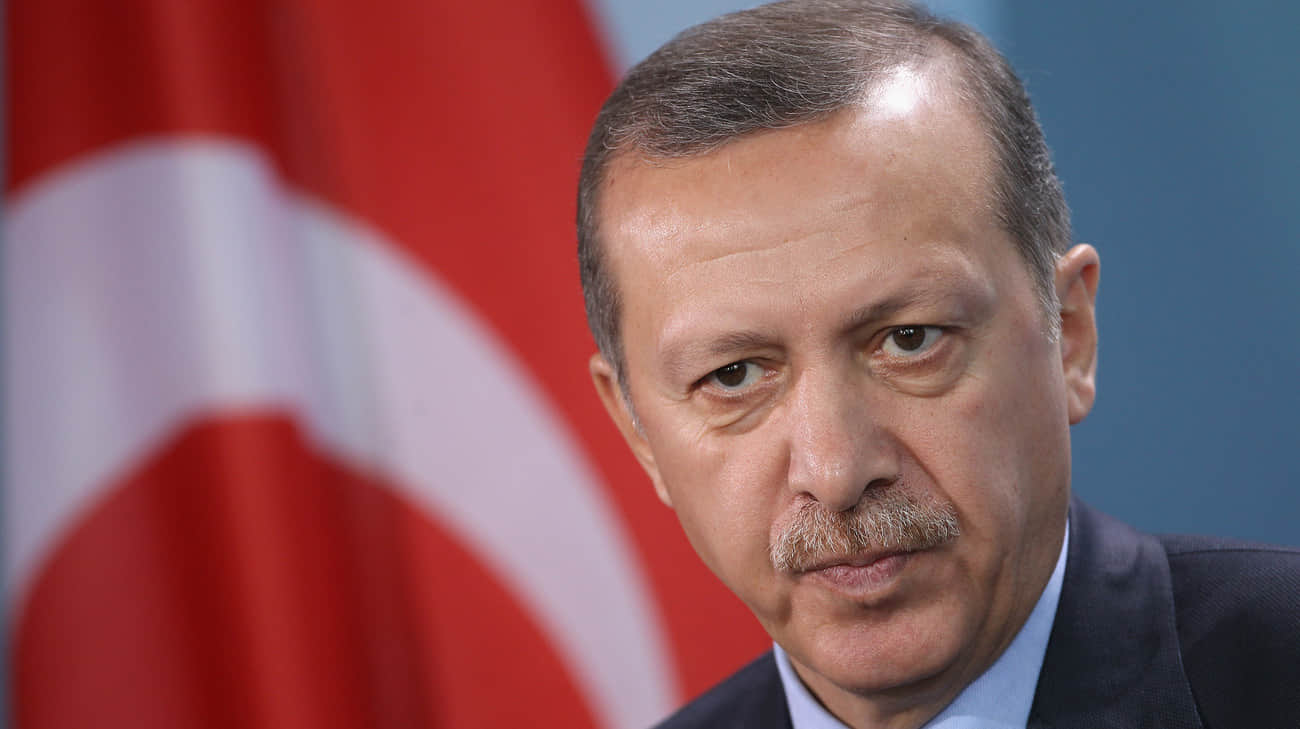Republicans, led by former President Trump, were once opposed to early voting, but the stats show they are now embracing it and cutting deep into what was once a key to Democratic wins across the country.
“The thing to appreciate about early voting is it has been a Democratic stronghold going back all the way to 2008,” said John Couvillon, a nonpartisan pollster out of Republican-led Louisiana where early voting has been embraced. "Democrats learned how to take advantage of it."
"Democrats have been dominating in early voting forever,” he added.
But now that’s shifting.
The University of Florida's early vote tracker shows that 39.5 percent of the early voters are registered Democrats, while 36.1 percent are Republicans, and 24.4 percent are independents.
Couvillon noted that Republicans have been hesitant to embrace the practice in the past, which pumped up their Election Day numbers as compared to what people would see from early voting figures.
Early votes in most states may show the party affiliation of a voter but not how they voted, so it’s not a reliable indicator of election outcomes, experts stress.
But early voting has its benefits on both sides, and especially because it helps campaigns: Bank a vote early and spend your resources on courting undecided voters closer to Election Day.
The early voting numbers have already exceeded those from 2016. In general, 2020 is considered an outlier because of accommodation efforts made during the COVID-19 pandemic to social distance and keep vulnerable populations out of contact with the general public.
Anyone who has listened to Trump for the past decade knows that the former president has opposed any voting opportunities outside of in-person Election Day ballots. But Trump, who says he has taken part in early voting himself, has softened his views as stats show that Republicans are turning out in droves.
"It used to be one day – now it's, you know, two months," Trump said during a June event, but he later called on his supporters to embrace the idea of early voting. "Do it early. Do it. Just do it. You've got to vote. And watch your vote, guard your vote, and follow your vote."
Hans Noel, a political science professor at Georgetown University, surmised that early voting helps people prepare for the unexpected — they don’t have to worry about not making it to their election precinct on Election Day if something happens.
"It's not surprising to me at all that more people are embracing it,” he said. "We've seen it across the board: The numbers of people early voting have increased rapidly in red states, blue states, rural areas and urban areas."
"The demand is there, and people are going to be eager to embrace it,” he added.
But he noted that Democrats are lagging in early voting, which is a rare phenomenon.
"I see that as a sign of lagging enthusiasm,” he said. "I think the Republicans realized out of necessity that they had to take this seriously."
Early voting hasn't met the record highs of four years ago, when the COVID-19 pandemic raged and encouraged alternatives. But it’s quickly catching up to the 2016 election figures, which pundits say is a more appropriate comparison.
The Hill/Decision Desk HQ polling tracker shows the razor-thin race for the White House statistically tied nationally with Vice President Harris at 48.6 percent to Trump’s 47.8 percent. The two have been jockeying for support in key swing states as they try to map out a path to the 270 electoral votes needed to win.
Trump is a slight favorite based on current forecasts, but the race remains a toss-up as polling in swing states Arizona, Georgia, Michigan, Nevada, North Carolina, Pennsylvania and Wisconsin remains within the margins of error, according to DDHQ polling analysts.
Bryce Bennett, executive director of the nonpartisan Vote Early Day advocacy group said he's not surprised by the trend toward early voting acceptance.
"We're seeing more and more people embrace early voting," he said. "I think that everybody is discovering that early voting is going to be a benefit to our democracy in general."
"The demand is there, and people are going to be eager to embrace it," he added of the growth among some of the officials who have been hesitant in the past.















